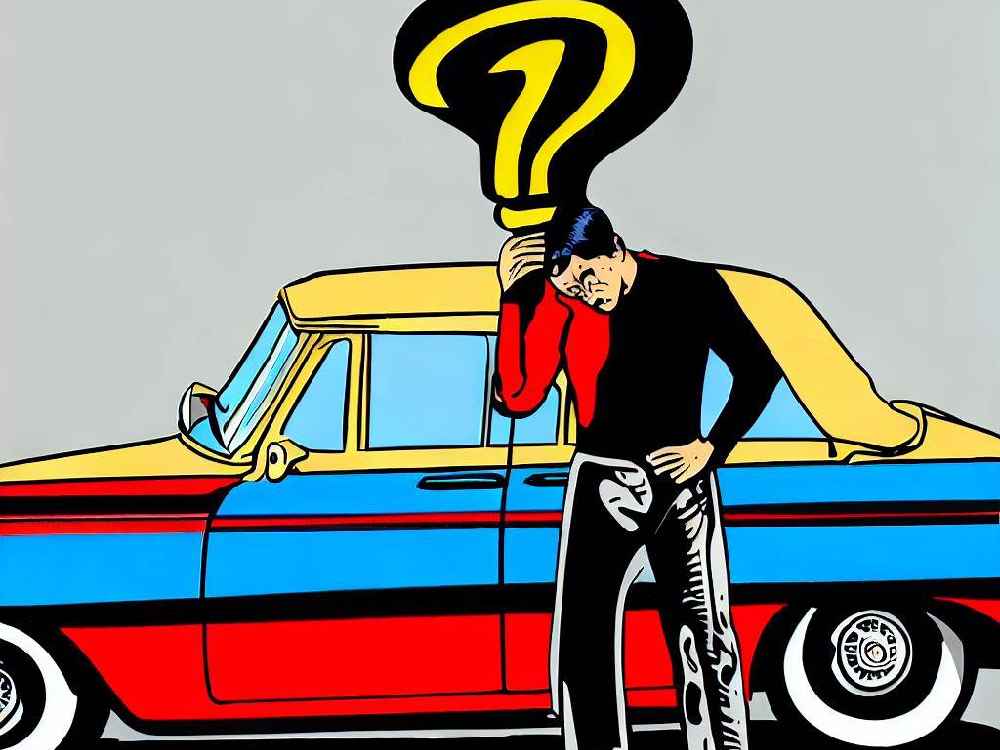Introduction
Following a car accident, the overwhelming aftermath requires immediate action, making it essential to determine fault quickly.
Furthermore, for insurers, it’s not simply about assigning blame — it’s about financial responsibility.
If you are at fault, your insurance company must cover the costs.
So, how exactly do insurers determine fault, and what happens when the situation isn’t as clear-cut?
Let’s explore how this process works and why it matters for you.
- Why determining fault is crucial for insurers and policyholders.
- Types of evidence used to figure out who’s to blame.
- How disputes between insurers get resolved.
- Steps you should take after an accident.
Why Determining Fault Matters
When a car accident happens, deciding who was at fault goes beyond the obvious — it’s about money.
If you’re found at fault, your insurance premiums might increase, and if you only have third-party cover, you could be left paying for your own vehicle’s damage out of pocket.
That’s why insurers invest so much time into figuring out the details.
The outcome also affects who pays for repairs and medical bills.
If you’re deemed responsible, your insurer must cover the other party’s damages, and you could see a hefty rise in your premiums.
On the flip side, proving the other party is at fault can save you thousands of pounds.
Learn more about third-party vs comprehensive car insurance.
Here’s why it matters.
It’s not just about who’s to blame — it’s about protecting your finances.
Evidence Insurers Use To Determine Fault
Insurers need concrete evidence to decide who’s at fault in an accident.
This evidence can come from a variety of sources, and the more you provide, the better your chances of proving your case.
Photos of the scene, dashcam footage, and written accounts are the first things insurers look for.
Eyewitness statements can also help clarify the situation, but not everyone sticks around after a crash.
Some insurers might even use CCTV footage from nearby cameras to get an unbiased view of the incident.
But that’s not all.
Even the condition of the vehicles post-accident can provide clues about the collision.
For example, a rear-end collision often points to the driver behind as being at fault.
Don’t get caught out: Dashcam mistake that could cost you.
Common Disputes And Resolutions
Sometimes, both parties involved in the accident believe they weren’t at fault.
When this happens, insurers will need to dig deeper into the evidence.
This back-and-forth can take time as each insurer tries to avoid covering the costs.
If neither insurer admits fault, two possible outcomes emerge.
First, the claim may be split 50/50, meaning both parties share the financial burden.
This is often seen in accidents where the evidence is unclear, and both drivers have a case.
Here’s what happens next.
If insurers can’t agree, the case might go to court.
Nevertheless, court cases remain rare because they are both expensive and time-consuming for insurers.
In fact, unless a large sum is at stake — such as in personal injury claims — insurers usually avoid this route.
Want to avoid costly mistakes? Find out what will invalidate your car insurance.
Who’s At Fault? What To Do After An Accident
If you’re involved in an accident, your first priority is safety.
But once everyone is safe, it’s crucial to gather as much evidence as possible.
Why?
Because this evidence can make or break your claim.
Start by taking photos of the damage to both vehicles, as well as the surrounding scene.
If there are any visible skid marks, damage to road signs, or debris on the road, snap a photo.
These details help insurers piece together what happened.
Next, get the other driver’s registration number and insurance details.
It’s also helpful to note down any eyewitness contact information.
Their account could be vital if the other party disputes your version of events.
It’s critical to know what to do.
Collecting this evidence could save you a lot of headaches later on, especially if the other driver changes their story.
5 ways to save money on car insurance.
Potential Court Cases: Rare But Costly
In some cases, even after reviewing all the evidence, both insurers refuse to accept responsibility.
This can lead to the dreaded outcome: a court case.
Court cases are rare because they are costly and time-consuming for everyone involved.
However, if large sums of money are at stake — particularly in cases involving personal injury — insurers might take the matter to court.
But wait, there’s more.
Court cases can drag on for months, with both sides presenting expert witnesses, accident reconstructions, and legal arguments.
For you, the policyholder, this can mean a long and stressful process as you wait for the final verdict.
Most insurers try to avoid this by negotiating a settlement before things reach that stage.
Wondering what happens if someone else causes the accident? Here’s what you need to know..
Conclusion
Determining who was at fault in a car accident is a complex process that involves gathering various forms of evidence and sometimes long disputes between insurers.
It’s essential for you as the policyholder to be proactive after an accident, collecting as much information as possible to protect yourself.
Whether you want to avoid higher premiums or hold the other party responsible, knowing what to do and understanding how insurers work makes a significant difference.
For more tips on navigating car insurance costs, check out these blogs:





